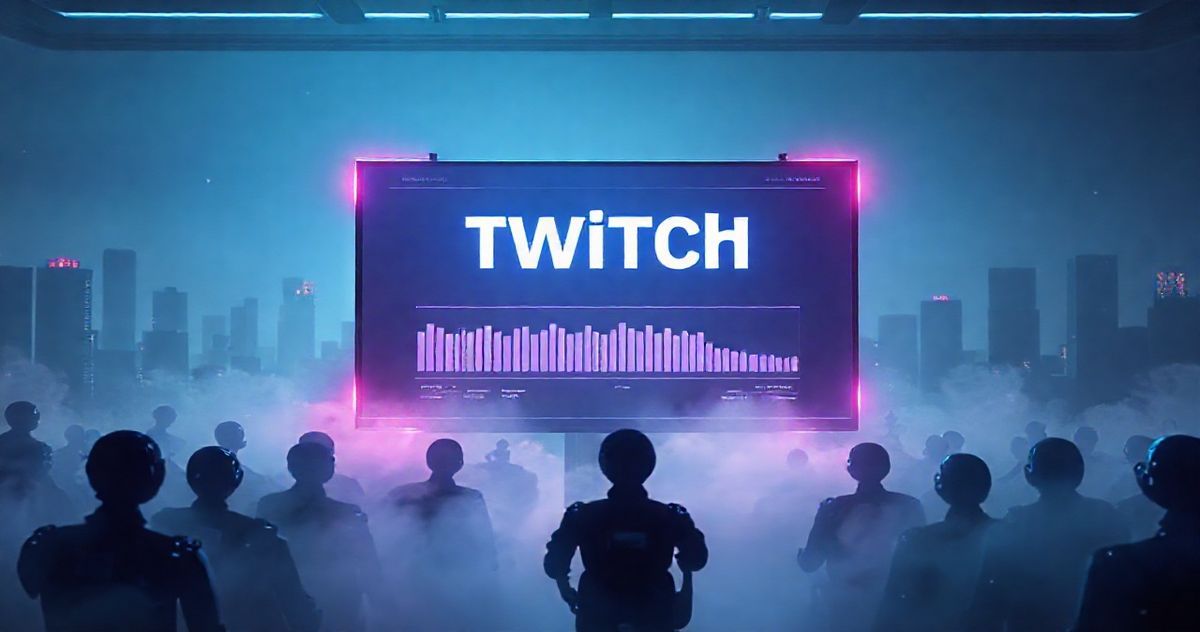Did you know Florida is moving to get rid of *all* childhood vaccine mandates? That’s right. State officials recently announced their plan to eliminate every single vaccine requirement for kids in Florida. It’s a big deal. For parents, schools, and even how we think about public health.
This isn’t just a small tweak. It’s a fundamental shift in how the state approaches kids’ health and parental choice. For decades, many vaccines have been required for children to attend public schools. Now, Florida aims to change that. Let’s dig into what this really means for families across the state.
What This Actually Means for Your Kids
Right now, if your child wants to attend school in Florida, there’s a list of vaccines they generally need. Things like the measles, mumps, and rubella (MMR) shot. Or polio, tetanus, diphtheria, and pertussis (Tdap). Even chickenpox. These aren’t just suggestions. They’ve been requirements, with some medical and religious exemptions allowed. Most states have similar policies. They’re a long-standing part of public health strategy.
But Florida’s new plan? It aims to wipe these requirements off the state’s books. Completely. This doesn’t mean vaccines are suddenly gone. Or that doctors won’t recommend them. It just means the state won’t *mandate* them for school entry anymore. The decision would rest solely with individual parents.
Imagine you’re a parent getting your child ready for kindergarten. Instead of a checklist of required shots from the school, it might just be a recommendation. Or maybe nothing at all from the state side regarding mandates. This hands a lot more power directly to parents. They’d be the sole deciders on which vaccines their kids get, without state-imposed school entry rules driving the decision. It’s a significant change in how parental autonomy is valued in this context.
It’s important to remember this is about *state* mandates. If you participate in certain federal programs or your child attends a very specific type of institution, there might still be other guidelines. But for the vast majority of kids in Florida schools, this would change things quite a bit. It moves the conversation from compliance to choice.
Why Florida is Making This Move
So, why now? And why such a sweeping change? This move fits right in with a broader philosophy we’ve seen in Florida lately. It’s all about individual liberty. And what they call “parental rights.” The idea is that parents, not the state, should have the ultimate say in their children’s healthcare decisions. This includes everything from routine check-ups to vaccination schedules.
Officials often frame this as a matter of personal freedom. They believe families should be empowered to make these choices without government interference. It’s a viewpoint that values individual autonomy highly, especially when it comes to raising children.
This isn’t a new conversation, of course. Vaccine mandates have been a hot topic for years, especially during recent public health events. But Florida seems to be taking the most direct path yet to remove these state-level requirements. They’re making a clear statement about where they stand on the balance between public health policy and individual family decisions. It’s a bold stance that sets Florida apart from many other states.
For some, this is a welcome step. They feel it gives parents the control they deserve over their children’s medical care. For others, it raises concerns about potential public health impacts, worrying about the spread of preventable diseases. It’s definitely a policy choice with big implications that people on all sides are watching closely.
Here are some vaccines typically required for school entry in many states that Florida plans to eliminate mandates for:
* Measles, Mumps, Rubella (MMR)
* Diphtheria, Tetanus, Pertussis (DTaP)
* Polio
* Varicella (Chickenpox)
* Hepatitis B
Think about my friend Sarah. Her son, Leo, is about to start first grade. Every year, she dreads the school enrollment forms. Not because of paperwork, but because of the vaccine section. Leo has a mild immune condition. Nothing major, but it always makes Sarah extra cautious. Each year, she’d have to talk to her doctor, double-check everything, and then navigate the school’s requirements. It was always a source of low-level anxiety. Not that she’s anti-vaccine, far from it, but she just wanted to feel fully in control and informed for Leo’s specific needs. If Florida’s plan goes through, that annual stressor for parents like Sarah might just disappear. She’d still consult her doctor, of course. But the heavy hand of the state mandate would be gone, allowing her to make decisions she feels are best, without the added pressure of school entry deadlines.
The Bigger Picture: What Comes Next?
So, what does this all mean for the long run? It’s a question many are asking. On one hand, advocates for parental choice will likely cheer this move. They see it as a win for individual freedom. They believe parents are best equipped to make these kinds of decisions for their kids, knowing their unique family circumstances and medical history.
On the other hand, public health experts often point to the role of high vaccination rates in preventing outbreaks. Historically, vaccine mandates have been a key tool in achieving “herd immunity” – that’s when enough people are vaccinated to protect even those who can’t get shots due to age or medical reasons. When vaccination rates drop, there’s always a concern about the re-emergence of preventable diseases. It’s a delicate balance between individual rights and community health.
This policy will likely spark a lot of debate and observation. Will other states follow suit, seeing Florida as a model for parental rights? How will it affect school attendance rates, especially if some parents opt out of vaccinations? Will it change how pediatricians talk to parents about vaccinations, shifting from a ‘requirement’ conversation to one purely of ‘recommendation’? These are all big questions without easy answers right now. The ripple effects could be significant.
It’s a bold step from Florida. One that prioritizes a specific interpretation of individual rights over a long-standing public health strategy. The effects of this policy will ripple out in many directions. It will be fascinating, and perhaps a little worrying for some, to see how it all plays out on the ground in schools and communities across the state.
Ultimately, this move from Florida brings us to a crucial crossroads. It forces us to ask: How do we best balance individual liberty with the collective good of public health?










